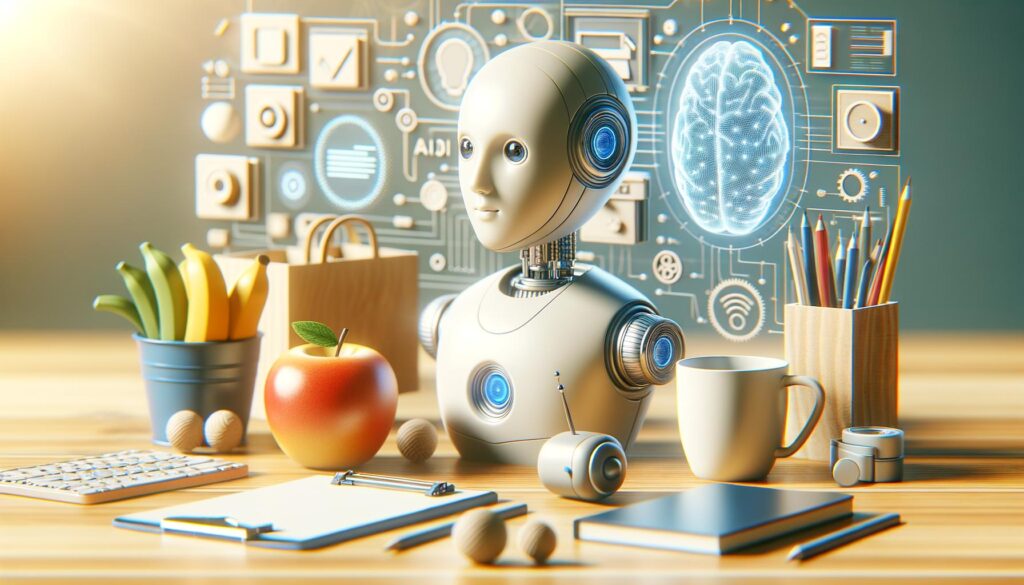Exploring the World of AI Agents
Understanding AI Agents
Artificial Intelligence (AI) agents are complex systems designed to perform tasks that typically require human intelligence. These agents are equipped with the ability to learn from their environment, make decisions, and execute actions to achieve specific goals. The development of AI agents has been propelled by advancements in machine learning, natural language processing, and robotics. By simulating cognitive processes, AI agents can perform a wide range of functions, from simple data retrieval to complex problem-solving. With their ability to adapt and improve over time, AI agents are becoming an integral part of various industries, enhancing productivity and innovation.

Applications Across Industries
AI agents are revolutionizing industries by offering solutions that enhance operational efficiency and customer experience. In healthcare, AI agents assist in diagnosing diseases, personalizing treatment plans, and managing patient records. They enable healthcare professionals to focus on patient care by automating administrative tasks. In finance, AI agents analyze market trends, manage portfolios, and detect fraudulent activities, providing valuable insights for decision-making.
The retail sector benefits from AI agents through personalized shopping experiences and inventory management. By analyzing customer preferences and purchasing behavior, AI agents help retailers optimize their product offerings and improve customer satisfaction. In the automotive industry, AI agents are at the forefront of developing autonomous vehicles, enhancing safety and convenience for drivers.
Challenges and Ethical Considerations
Despite their numerous benefits, AI agents pose challenges and raise ethical considerations. One of the primary concerns is data privacy, as AI agents often require access to vast amounts of personal data to function effectively. Ensuring that data is collected and used responsibly is crucial to maintaining public trust. Additionally, the potential for bias in AI algorithms can lead to unfair outcomes, making it essential to develop transparent and unbiased systems.
Another challenge is the impact of AI agents on employment. While they can automate repetitive tasks, there is a fear that they may replace jobs, leading to economic and social implications. It is important to strike a balance between leveraging AI agents for efficiency and ensuring that workers are equipped with the skills needed to thrive in an AI-driven world.
Future Prospects of AI Agents
The future of AI agents looks promising, with potential advancements that could further transform industries and societies. As AI technology continues to evolve, we can expect AI agents to become more autonomous, capable of handling complex tasks with minimal human intervention. This evolution will likely lead to the development of AI agents that can collaborate with humans, enhancing creativity and problem-solving capabilities.
Moreover, AI agents are expected to play a crucial role in addressing global challenges, such as climate change and resource management. By analyzing large datasets and identifying patterns, AI agents can provide insights that aid in developing sustainable solutions. The integration of AI agents into smart cities can also improve urban planning and resource allocation, enhancing the quality of life for residents.
Conclusion
AI agents are reshaping the landscape of technology, offering innovative solutions across various sectors. While they present challenges, their potential to drive efficiency, innovation, and sustainability is undeniable. As we continue to explore the capabilities of AI agents, it is essential to address ethical considerations and ensure that their development aligns with societal values. By harnessing the power of AI agents responsibly, we can unlock new opportunities for growth and advancement in the digital age.
